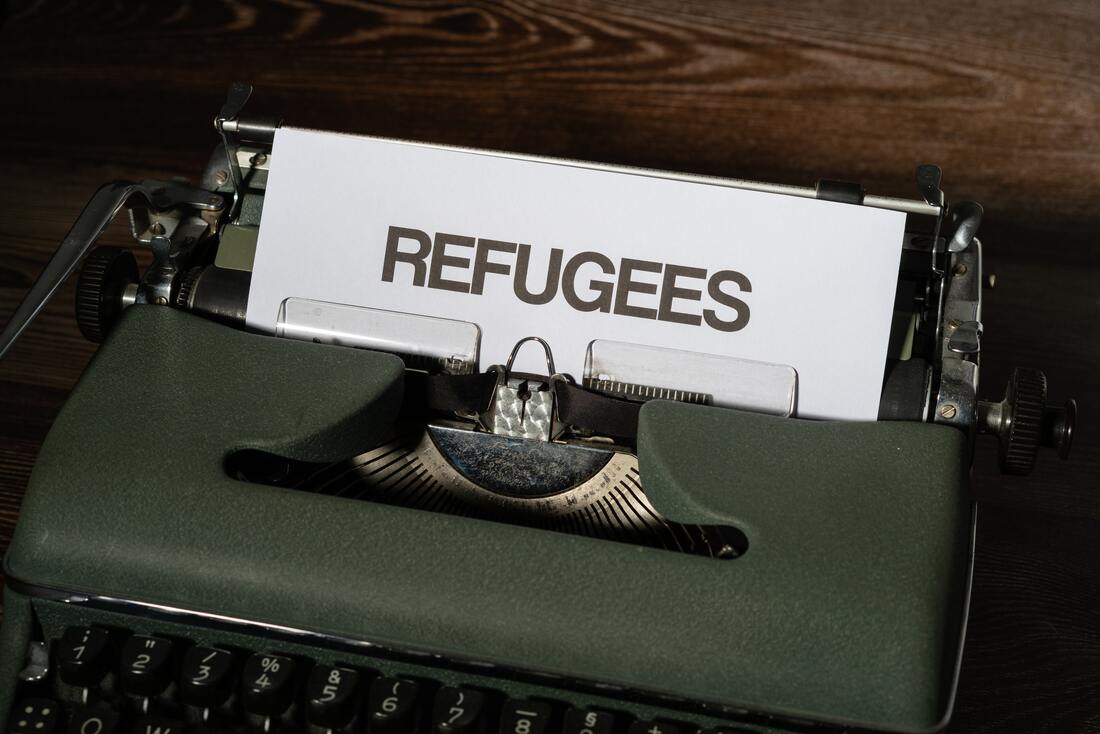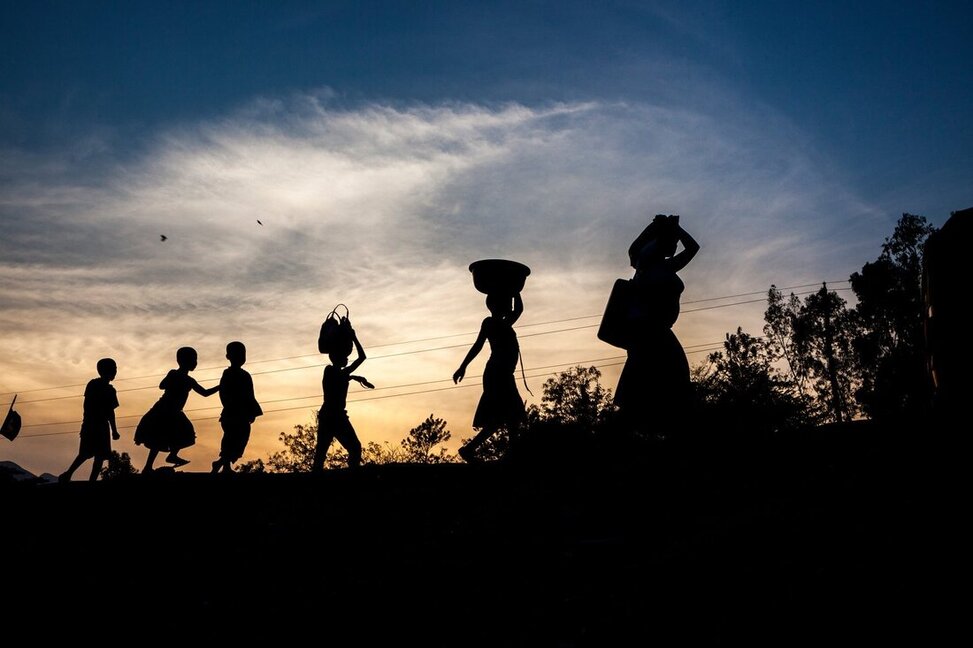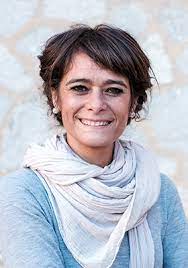|
|
The overall aim of this project is to provide a comprehensive and innovative socio-legal analysis of climate change-induced migration in the EU from a gender perspective. The migration policies and laws existing within the EU and its member States ignore the climate change and gender as causes of migration flows, although the EU is among the world's top three CO2 emitters after China and the United States, responsible of climate change induced migration. Ignoring such dimensions, gender and climate, impede first to protect those who are the most vulnerable, in particular women and girls as migrants; second, to prevent social conflicts, discrimination and human rights violations within the EU; and third to consider the beneficial labor and economic effect of female migration for host societies. Responding to this legal and policy gap, this multi-disciplinary project aims to accomplish the following two objectives: 1) to develop a comparative analysis on the comprehensive legal framework of the EU member states on migration, climate change and gender, including the identification of good practices and regulatory improvements and 2) to exploring all the possible regulatory improvements at EU level and at the domestic level to cope with the insufficient commitment and protection of EU towards climate migration from a gender perspective. To accomplish these objective, the applicant will obtained advanced training in methodological and doctrinal training in migration and climate studies, using an innovative feminist methodology, contributing to acquire new skills to problematize the deficiencies and to propose new EU legal avenues. The project’s scientific importance, operationalised through its 5 work packages and associated scholarly impact and dissemination activities, lies in its original contribution as the first multi-disciplinary study to propose these new socio-legal avenues at EU level, necessary to properly recognize and protect climate gendered migration.
0 Comments
 The Committee on Women's Rights and Gender Equality published in 2017 the European Parliament's motion for a resolution on "women, gender equality and climate justice" (2017/2086(INI). This proposal stems from the emerging concern that authorities perceive in relation to climate change and how it affects the protection of gender equality, particularly in developing countries. The position of the institutions in this regard is clear, since the Beijing Platform for Action, the Paris Agreement and the SDGs establish the correlation between gender, environment and sustainable development, while validating the EU legal framework that obliges the promotion of equality. However, we recall that the Refugee Statute does not yet contemplate the category of "Climate Refugee", nor the consequent gender distinctions. The differences that men and women face as a result of climate change are disproportionate, being accentuated in situations of poverty, where the female sex prevails and where the consequences of extreme climatic phenomena are more intense. Even so, there is still significant under-representation in decision-making bodies. Parliament recognises and validates the protection of gender equality and calls for it to be mainstreamed in all procedures and institutions to ensure a balance through a gender perspective approach, with special attention to situations of poverty and people displaced as a result of climate change. It calls for reliable information on the impacts generated and for the Union to be provided with human resources to manage incentives for women's empowerment. It is important to remember that women occupy the majority of the agricultural labour force in poor areas, but they are also engaged in unpaid work and make daily consumption decisions. Their contribution is therefore not strictly passive: they are powerful vectors of change who, with access to training and resources, have the capacity to directly influence the environment. Yet only 0.01% of all funding globally supports projects that address both climate change and women's rights. Parties are urged to promote women's empowerment with access to finance, modern technologies and expertise and to promote actions to balance decision-making processes. It is important that sex-disaggregated indicators and data are defined when planning climate change policies or actions. The motion for a resolution also urges that climate-induced displacement be taken seriously, and that safe migration be promoted, strongly condemning sexual violence against displaced and migrant women, demanding monitoring mechanisms in reception centres that do not meet the minimum conditions to prevent gender-based violence and that human rights be respected. The opinion of the Foreign Affairs Committee highlights how climate change affects women and girls first and foremost, whose education is essential to improve the current conditions of equality. It is thanks to them that sustainable development could be implemented at first hand, as they are responsible for most of the household chores, which are closely linked to the natural resources nearby. On the other hand, it calls for the situation of climate-induced displacement to be made a priority, calling for strengthened international cooperation to address climate change with resilience. The opinion of the Development Committee also underlines the vulnerability of poor women to the consequences of climate disasters, given the interconnectedness of natural resources with family livelihoods, for which they are largely responsible. Although the majority of the world's productive sector is occupied by women, they own less than 20% of the land they work on, so it is key to collect data and indicators that take into account horizontal segregation. This would require identifying and promoting pragmatic approaches to gender mainstreaming in both technological and scientific fields, both in business and in decision-making processes. The loss and modification of natural resources, such as the massive demand for biofuel imports from developing countries, are leading to significant changes in land and water use: it is therefore requested that all impacts are taken into consideration, in particular those affecting women. Therefore, it is crucial to incorporate the women voices into all decision making processes. |
Susana BorràsMarie Skłodowska-Curie Fellow (H2020-MSCA-IF-2020)nº101031252 Archives
March 2023
|
Proudly powered by Weebly




 RSS Feed
RSS Feed